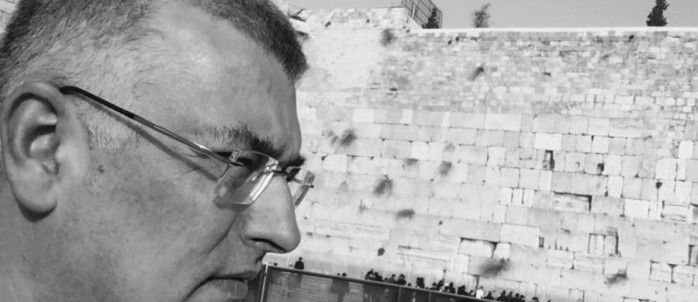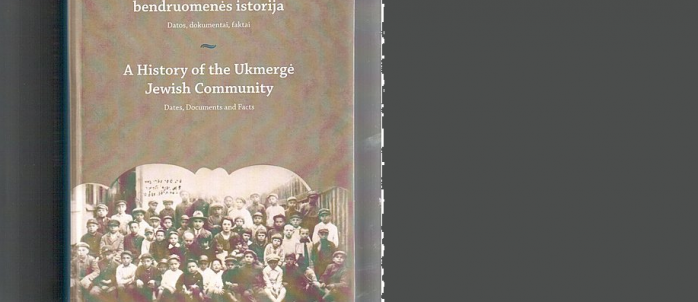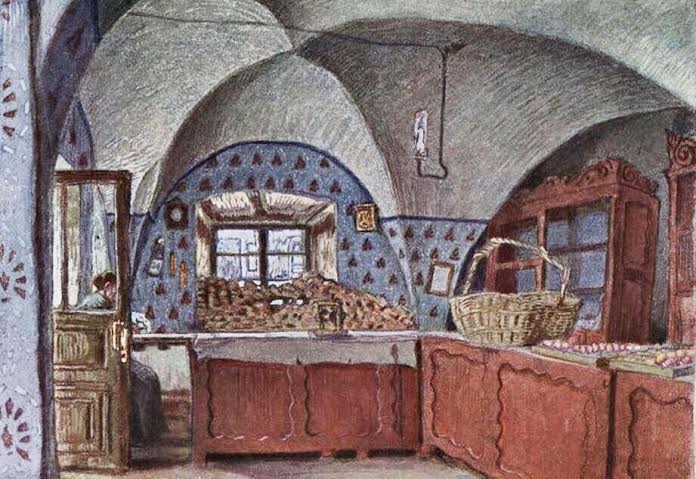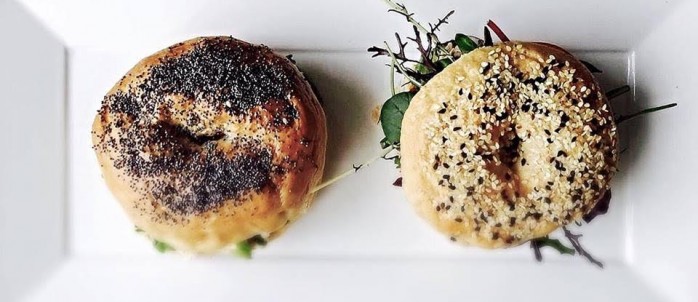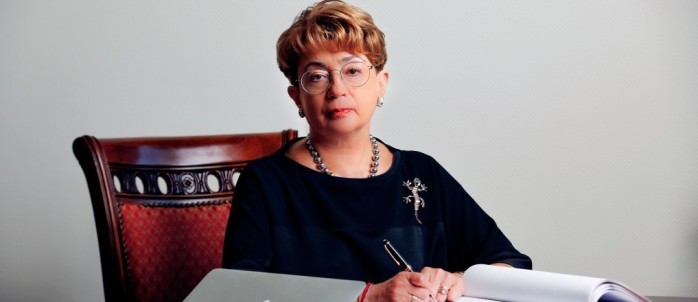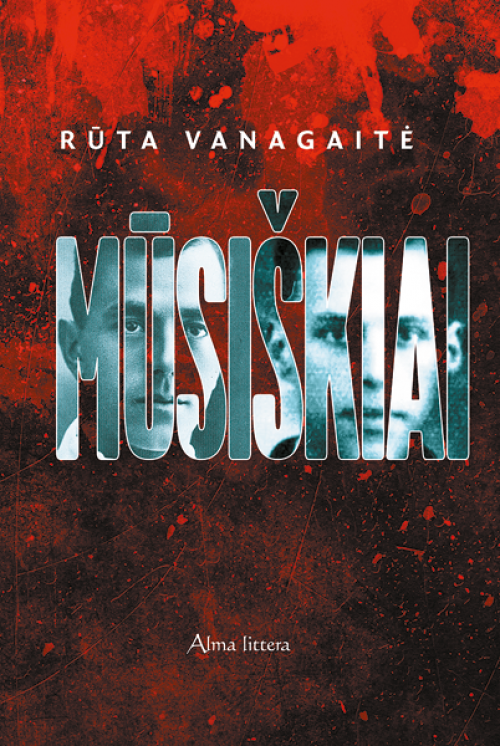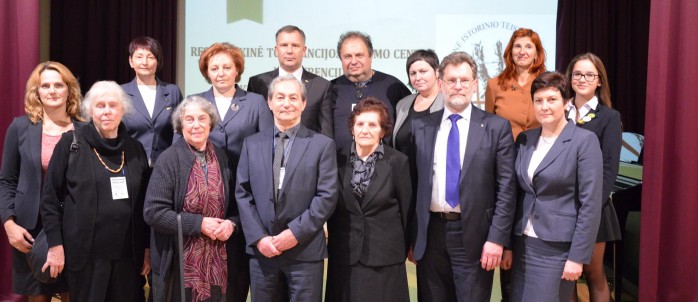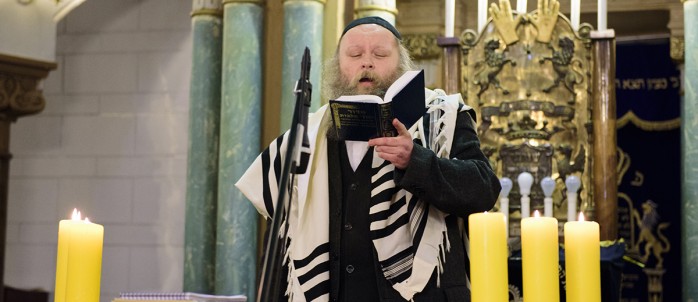Lithuanian Jewish Community
No, 179, February 11, 2016
To:
The Honorable Evaldas Pašilis
Office of Lithuanian Prosecutor General
The Honorable Birutė Burauskaitė
Center for the Study of the Genocide and Resistance of the Residents of Lithuania
Re: Possible actions connected with the list comprised of 2,055 people who are alleged to have committed or contributed to the murder of Jews during World War II
February 11, 2016, Vilnius
The Lithuanian Jewish Community, seeking the restoration of historical justice and commemoration, and honoring the principles of the rule of law, equality before the law and the presumption of innocence, proposes:


